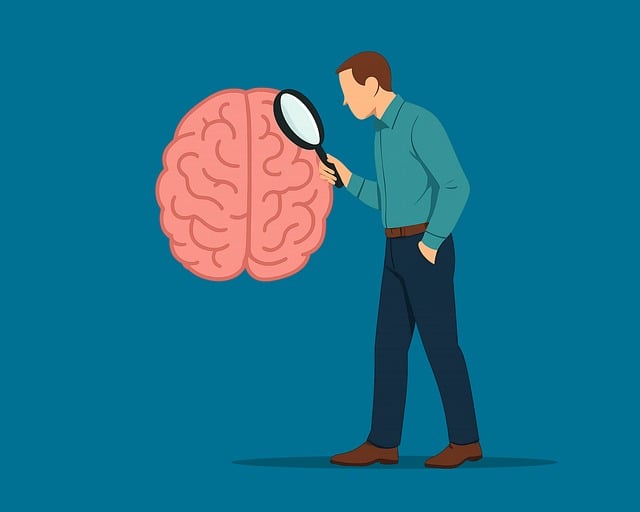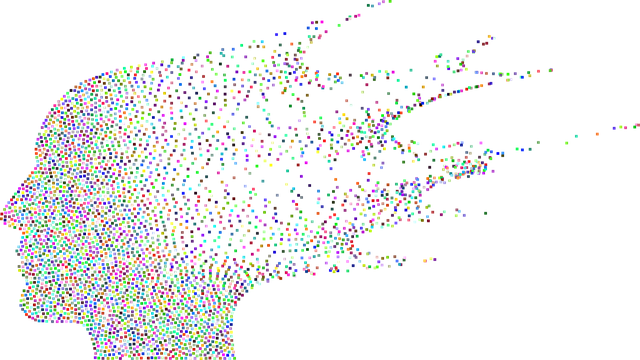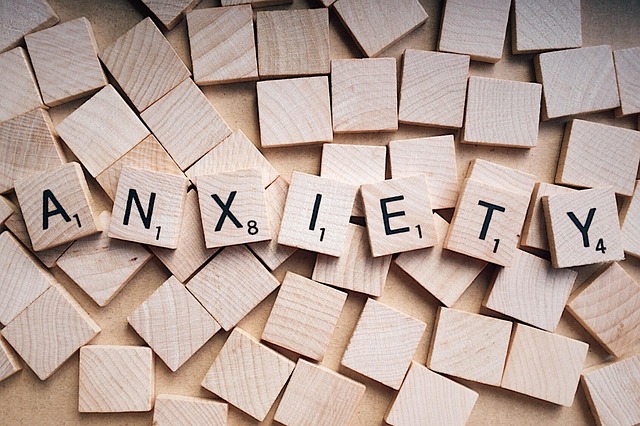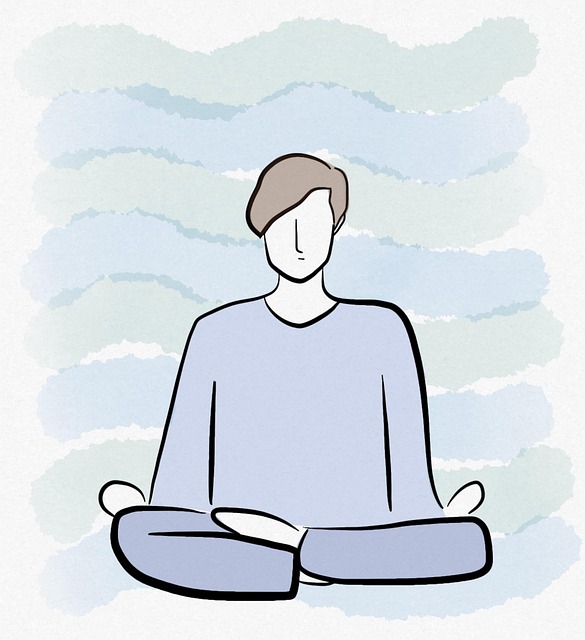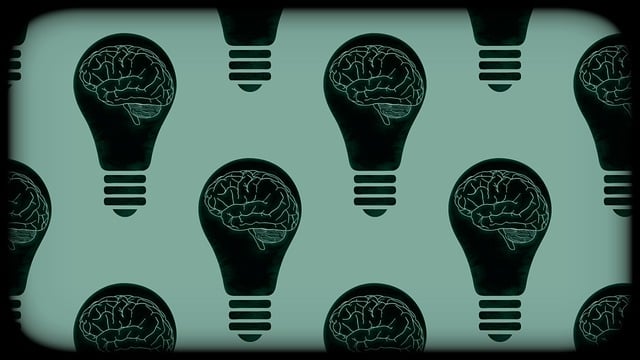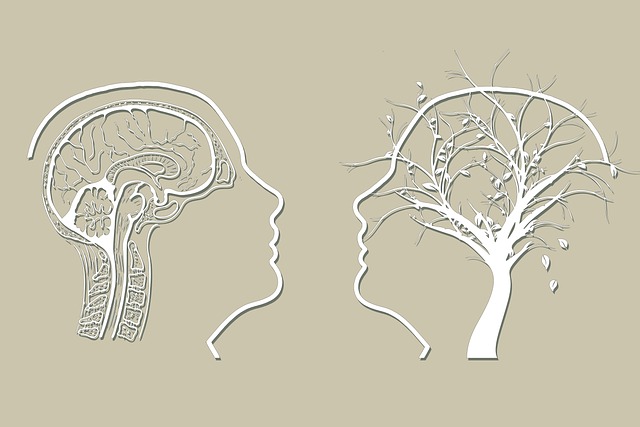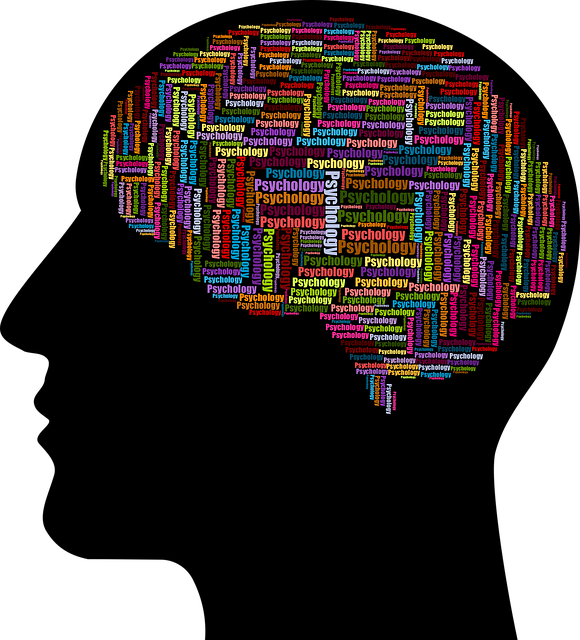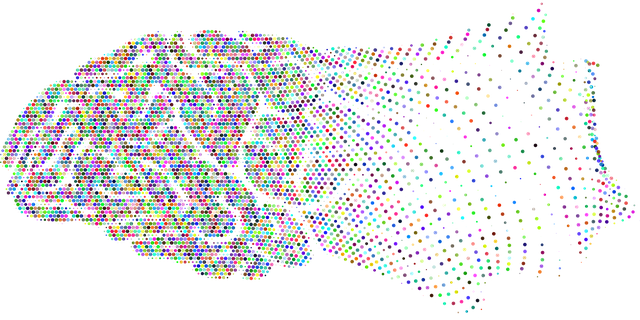The stigma around mental illness poses a significant barrier to individuals seeking help, fueled by cultural beliefs, media portrayal, and personal experiences. This leads to avoidance of open discussions on mental health challenges, hindering access to therapy for adults, mindfulness practices, and trauma support services. Overcoming this cycle requires dual approaches: individual transformation through therapy like CBT, which equips clients with tools to reframe negative thoughts, and collective awareness through public education and sharing personal stories. Community engagement, incorporating mindfulness techniques into therapy for adults, and mental wellness journaling exercises foster understanding, acceptance, and resilience, normalizing conversations about mental health challenges and encouraging individuals to seek help without fear of judgment.
Mental illness stigma remains a significant barrier to seeking help, impacting millions worldwide. This article explores targeted efforts to reduce this societal burden. We delve into the profound effects of stigma on mental health and examine the power of therapy and mindfulness as effective tools in combating internalized shame.
Additionally, we highlight the transformative potential of community engagement and education initiatives, emphasizing a collective approach where everyone plays a part in fostering understanding and acceptance for individuals navigating their mental health journeys.
- Understanding Stigma and Its Impact on Mental Health
- The Role of Therapy and Mindfulness in Reducing Stigma
- Community Engagement and Education: A Collective Approach to Change
Understanding Stigma and Its Impact on Mental Health

Stigma surrounding mental illness is a pervasive and detrimental force that significantly impacts individuals’ willingness to seek help and support for their psychological well-being. It often manifests as negative attitudes, stereotypes, and discrimination towards people experiencing conditions such as depression, anxiety, or psychosis. This stigma can arise from various sources, including cultural beliefs, media portrayal, and personal experiences, leading to a toxic environment where mental health struggles are hidden and misunderstood.
Understanding the profound impact of stigma is crucial. It often deters individuals from openly discussing their mental health challenges, hindering their progress in therapy for adults. Many people fear judgment, rejection, or loss of privacy, which can prevent them from accessing much-needed mindfulness practices and trauma support services. As a result, stigma contributes to prolonged suffering and impedes the development of public awareness campaigns focused on promoting self-esteem improvement and mental health literacy. Breaking free from these chains requires collective efforts to educate, empathize, and advocate for mental health equality.
The Role of Therapy and Mindfulness in Reducing Stigma

The journey towards reducing mental illness stigma often begins with individual transformation and collective awareness. Therapy plays a pivotal role in this process, offering safe spaces for adults to explore their thoughts and emotions without judgment. Through various therapeutic approaches, individuals can develop coping strategies, enhance self-acceptance, and challenge societal perceptions of mental health. Specifically, Cognitive Behavioral Therapy (CBT) has proven effective in managing stigma by helping clients reframe negative beliefs and improve overall well-being.
Mindfulness, another powerful tool, empowers people to cultivate present-moment awareness and accept their experiences without attachment or judgment. Regular mindfulness practice has been linked to reduced symptoms of anxiety and depression, fostering better mental health. By integrating mindfulness into daily routines, individuals can enhance self-care and develop resilience against stigma. Public Awareness Campaigns Development initiatives that emphasize personal stories and educate communities about the diversity of mental health experiences are also crucial in combating stigma. Additionally, Trauma Support Services can play a significant role by addressing underlying trauma often associated with mental health issues, further supporting individuals in their journey towards healing and self-discovery.
Community Engagement and Education: A Collective Approach to Change

In the pursuit of stigma reduction for mental illness, community engagement and education stand as a powerful collective approach to fostering change. By integrating therapy for adults that leverages mindfulness techniques, communities can empower individuals to navigate their mental wellness journeys with enhanced resilience. Mental wellness journaling exercises guided by professionals have proven effective in promoting self-awareness and coping strategies, breaking down barriers and fostering understanding among peers.
Through collaborative efforts, community members can contribute to a broader culture of acceptance and support. This collective consciousness encourages open conversations about mental health challenges, normalizing experiences that were once stigmatized. As a result, individuals facing mental illness are emboldened to seek help without fear of judgment, paving the way for improved access to therapy and ultimately, resilience building within the community.
Mental illness stigma reduction is a multifaceted effort that requires understanding, empathy, and collective action. By promoting therapy for adults and incorporating mindfulness practices, we can foster more accepting communities. Community engagement and education play a crucial role in breaking down barriers and encouraging support for those facing mental health challenges. Through these efforts, we can create a landscape where individuals feel empowered to seek help without fear of judgment, ultimately enhancing overall well-being.
